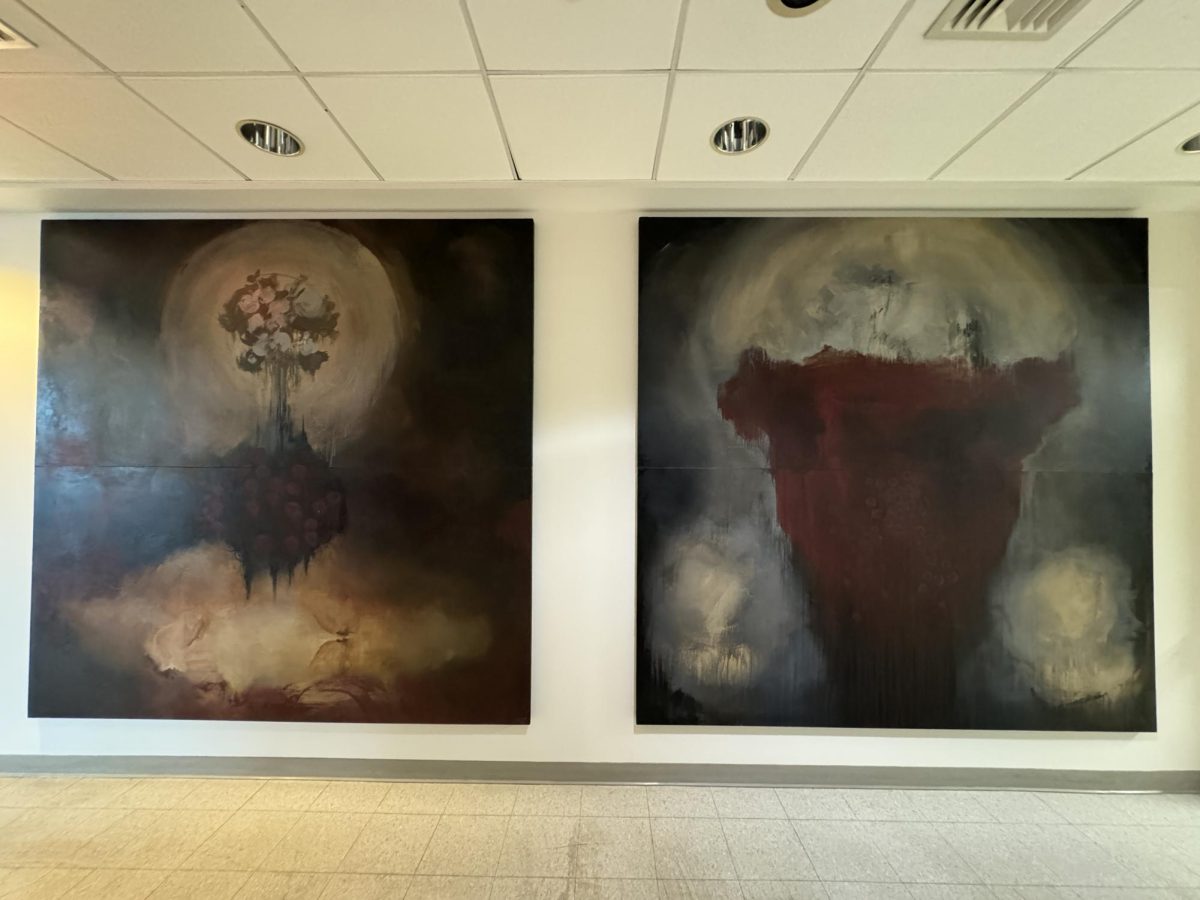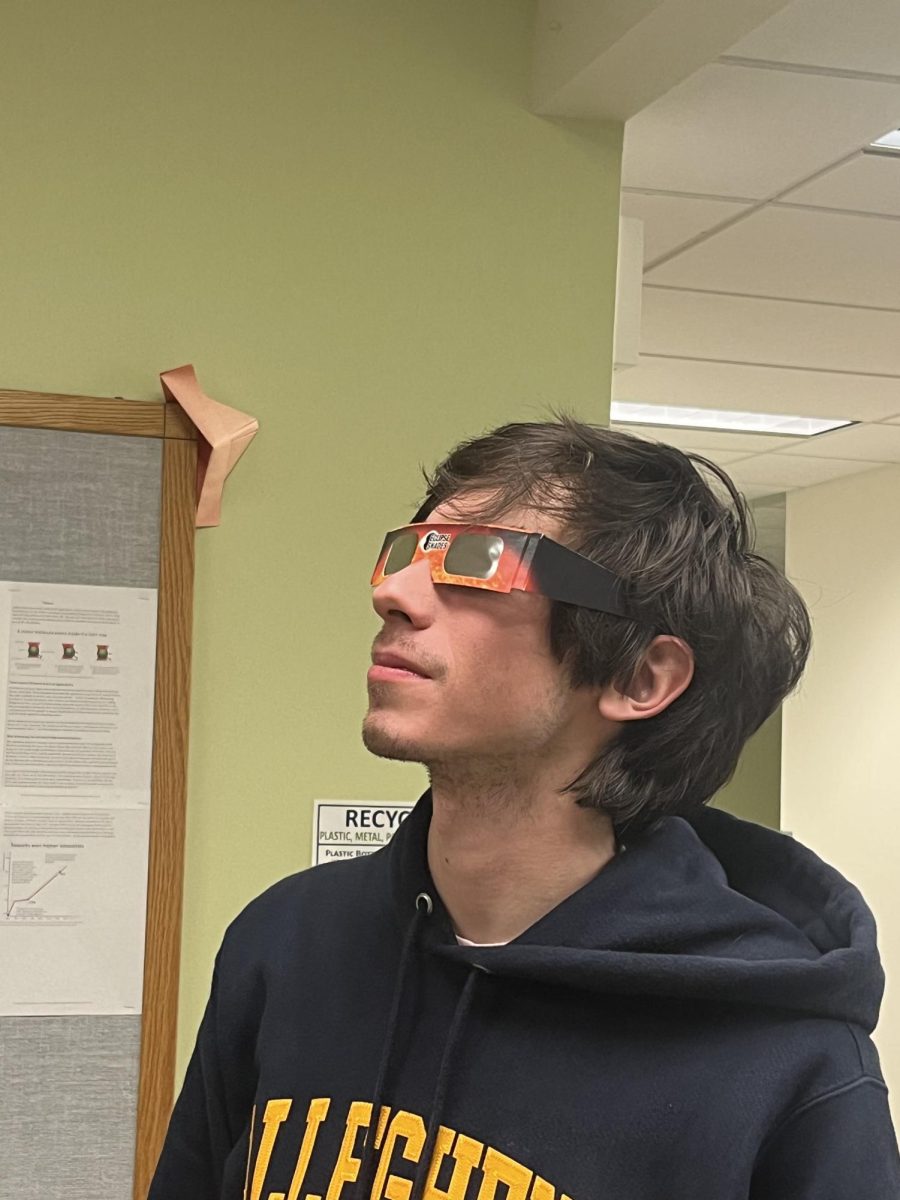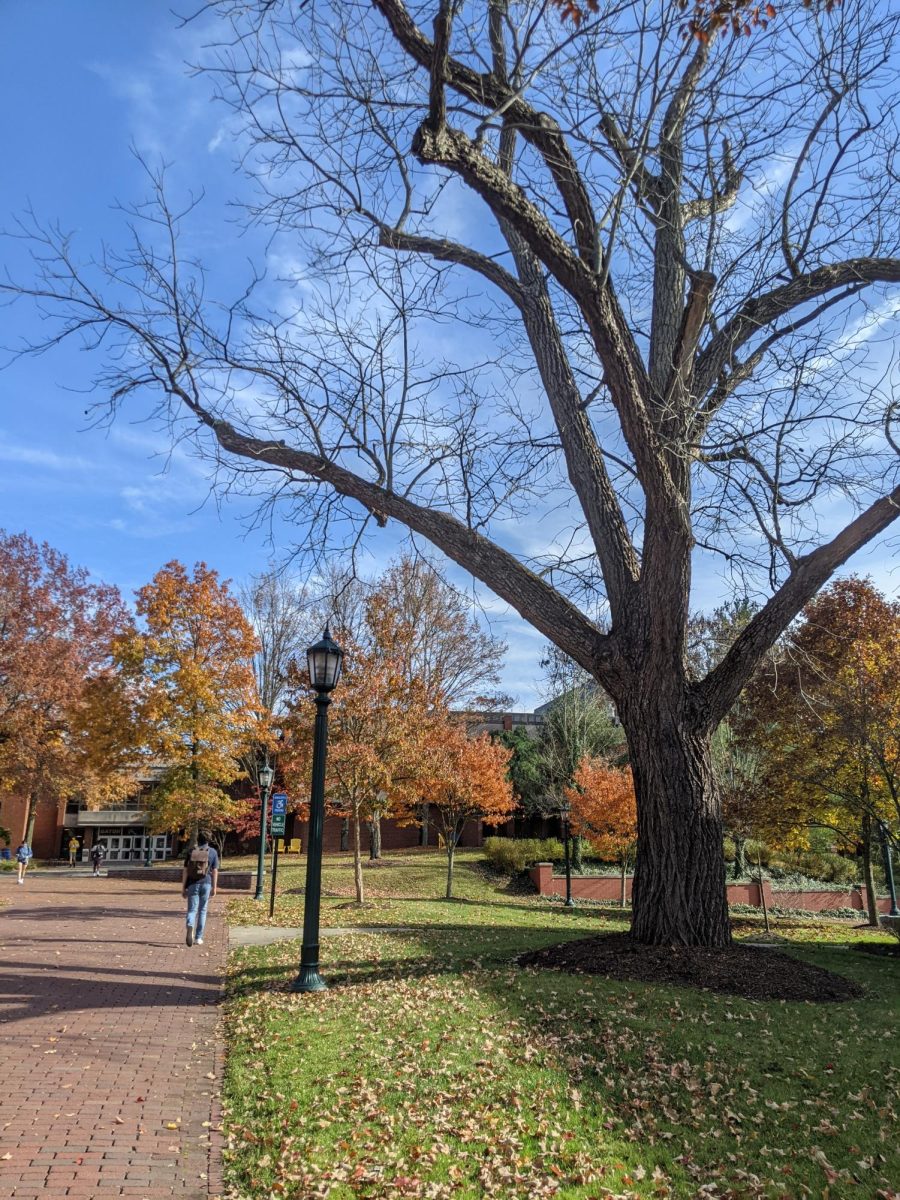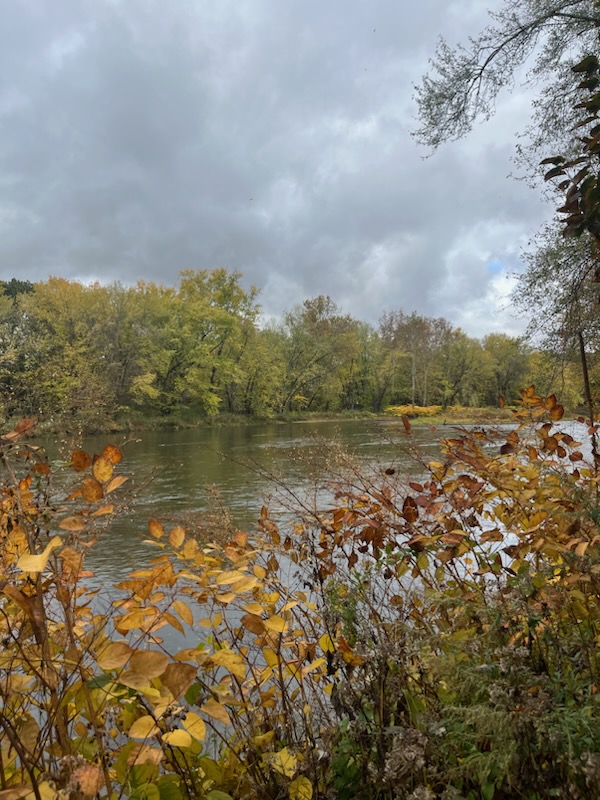April 22, 2024 will mark the 54th annual Earth Day. It was first held in 1970 through the efforts of Wisconsin Senator Gaylord Nelson, the coordinator of his environmental campaign Dennis Hayes and his staff. It was originally celebrated nationwide by people marching and protesting on school campuses or in the streets.
I sat down with Professor Matt Bethurem of the Environmental Science and Sustainability Department and asked him a few questions about Earth Day.
Zaynab Jebur: April 22 this year is the 54th year we’ve celebrated Earth Day; how did it look 54 years ago?
Matt Bethurem: So, what we saw with the first Earth Day, I mean, it’s a thing that has changed quite a lot over that time period. And so what we saw, the first one was like, genuine public outrage from a large sector of the United States population, that was seeing things like the Cuyahoga River catches on fire in Cleveland, a big, very visible oil spill happened in off the coast of Santa Barbara, and California.
And through these big visual events, and some dedicated, largely student led activists, honestly, you had this public awareness raising up around environmental problems in a way that we hadn’t seen before in the U.S., not at that scale. And so it was a time when, you know, now Earth Day events are largely kind of commercialized affairs. People go there, they drink beer, they buy T-shirts, they listen to some music or whatever, you know, that’s not what the first Earth Day was.
If we had the equivalent today, it would be something like 30 to 35 million people in the streets.
ZJ: That brings me to my next question. Do you think schooling before college is effective at teaching students how important the environment is, like colleges now?
MB: When we’ve got students coming into the ESS program here at Allegheny, it’s not uncommon to have like, especially first year students say that they didn’t really talk much about like, say, climate change in their middle schools, or high schools or anything. You know, they heard about it a little bit, maybe they kind of briefly covered in some ways, but nothing that like really gave them full sense of like, what the problem is, what causes it, what we need to do about it, any of that stuff. And so I think that is still really common. And I think that does set not just the individual up at a disadvantage, but like our society as a whole.
We’ve got like younger people that aren’t learning anything about this until they get to, specifically an ESS type program once they get to college, because I think this department is still the biggest one on campus in terms of like student enrollment, but like, what about all the other students take in, you know, history majors, English majors, art majors are they learning about it in their classes in the same way? So education is definitely we need to do better about, I think at all levels and as many ways as we can. We’ve also got a lot of layers to this, but we’ve got a society and a culture that has been from my perspective, that’s been intentionally manipulated and and had their attention diverted away from focusing on certain issues and environmental issues.
We’ve got a lot of corporate involvement and corporate control in our government, always. And so, a lot of times we see people that have been suffering with one or more environmental problems for some cases, decades and decades, and it doesn’t really get that much attention. Even when we get big events that happened, like a little over a year ago, over in Ohio, there was a train that derailed in a place called East Palestine, Ohio. And it’s barely over a year later, and people basically had their air, water and soil poisoned.
ZJ: How can we be most effective to local environmental activists?
MB: There’s a lot of different forms of activism and advocacy, but most of the time, when we think about that stuff, it’s, you know, a protest march or something like that, something big and obvious, but there’s all kinds of ways that people can get involved with those kind of efforts. You can be part of a letter writing campaign or a phone bank campaign where people are calling like elected officials to sort of demand change on a particular issue. I mean, there’s obviously anybody that has the ability to offer some monetary support to organizations or groups that are taking certain kinds of actions like that, that’s actually helpful. The basic thing of just like actually having conversations with people around you, as tough as that can be.
And so sometimes people start their own, like grassroots types, organizations, it’s like, if you don’t see anybody else out there doing something that you think needs to be done, you know, you can be a person that starts that, and a lot of other things. Speaking of civil rights, or, you know, when women got the right to vote in the U.S., or the first Earth Day event, like, these were the start of these grassroots level things, these weren’t already big organizations that existed, like, you know SNCC (Student Nonviolent Coordinating Comittee). It was a student group that played a hugely crucial role in the Civil Rights Movement. And it was just college students that got together and said, “Hey, nobody else is doing this, let’s organize something, you know.”
And in some ways, we can’t, you know, as an individual, like, you can’t all by yourself, do something, but you can start something that turns into a bigger thing, and you get other people involved. And that’s when real, you know, you can really sort of start pushing for something.






